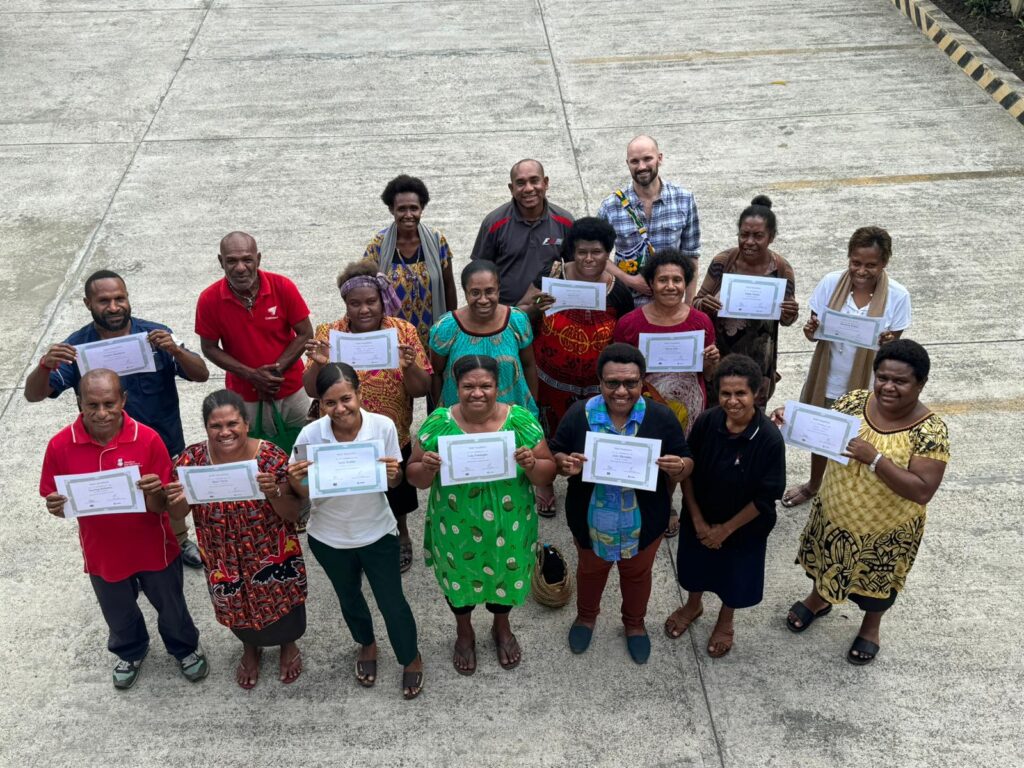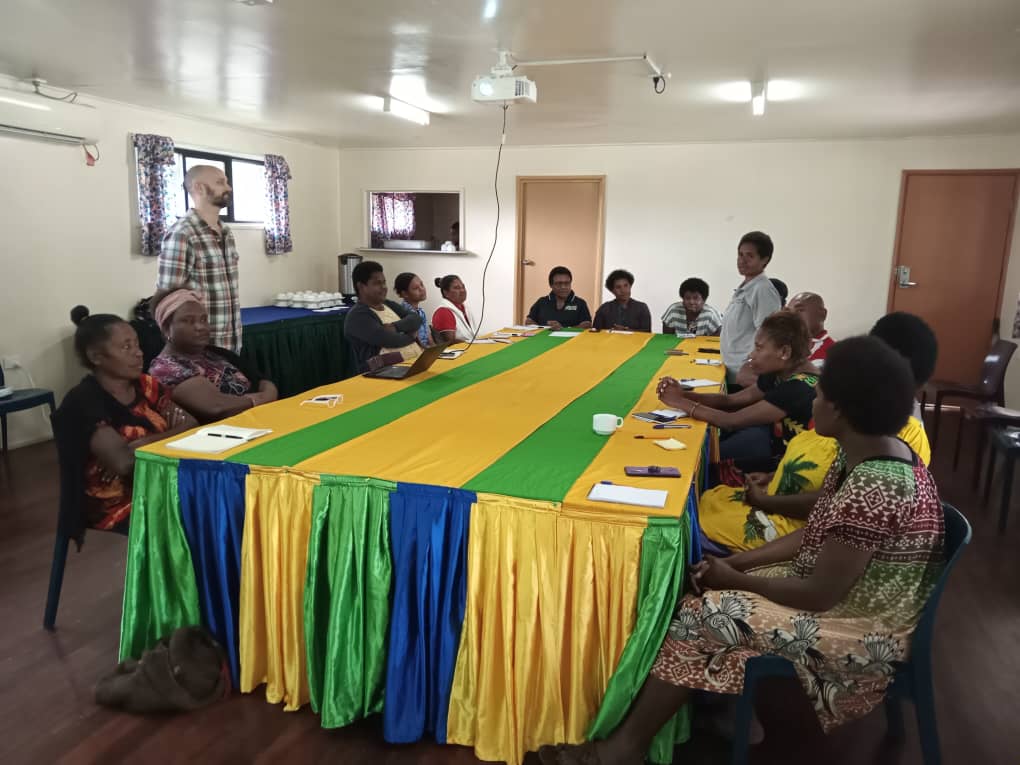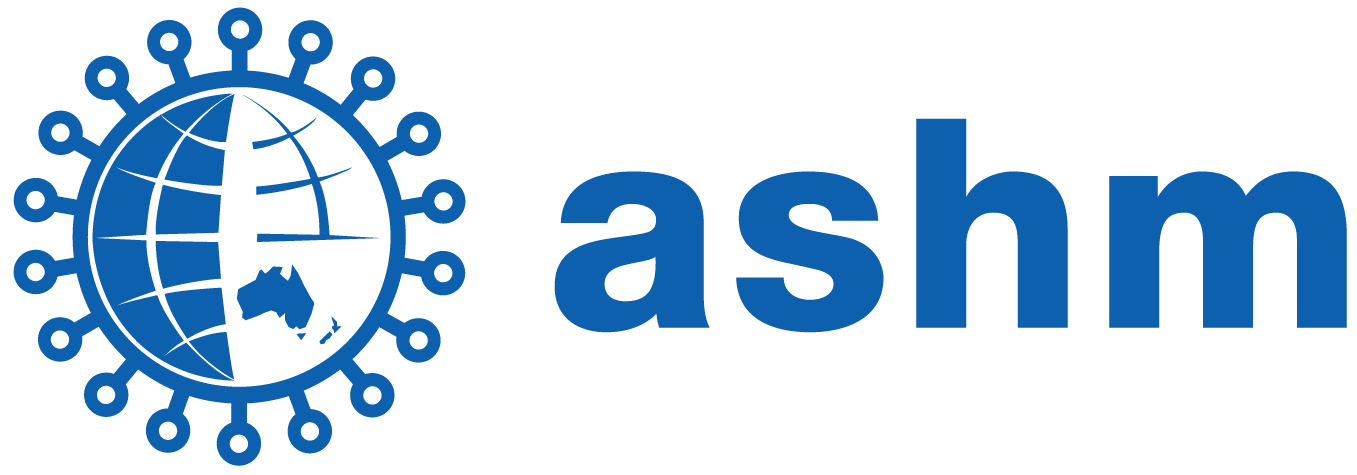Pre-Exposure Prophylaxis (PrEP) has been a game changer for HIV prevention. In Australia, biomedical HIV prevention strategies, including PrEP and treatment as prevention, have been instrumental in the significant declines in HIV transmission we have seen over the last ten years.
However, rolling out a drug regime like PrEP can be complex. And while PrEP could have a transformational impact in countries still facing significant HIV epidemics, careful consideration must be given to cultural context as well as the practical realities of introducing a new medication.
Last week, ASHM hosted a workshop in Papua New Guinea (PNG) to support the local roll out of PrEP. PNG is facing the most significant HIV epidemic in the Pacific region – with estimates at around 70,000 people are living with HIV in the country. PrEP is not yet widely available in the country, but given its high level of effectiveness preventing HIV transmission in Australia, easier access could have a similarly profound impact on lowering national HIV rates in PNG.

ASHM’s three-day workshop brought together health workers from across the Lae area in Morobe province, covering everything from the basics of PrEP and who it’s for, through to implementing it in practice. It aimed to build participants’ understanding of PrEP and the impact it could have in the fight against HIV.
The training was a first for ASHM’s global team. While ASHM is no stranger to PrEP, this workshop marked the first time we have delivered roll out-focused education outside of Australia. Our work focused on localising our training, ensuring what we were delivering was relevant to the local context in PNG and relevant to national guidelines.
Our approach to tailoring this content was centred on partnership and collaboration. Working closely with the National Department of Health in PNG, we adapted our materials to ensure the messages were understood and relevant. We also built on the great work of FHI360, who delivered a PrEP demonstration in Port Moresby earlier this year.

Initial feedback from the workshop has been enthusiastic and positive. Participants said they have learnt a lot and thanked presenters for the three-day intensive course. During the workshop, we also asked participants for feedback on the content throughout the workshop to ensure our work in the country remains firmly centred and relevant to the people we are training.
During the workshop, discussion turned to the predicted challenges of implementation and how to involve the community in the scale-up. While there is still plenty of work to be done to fully roll out PrEP in PNG, there was a clear desire to face these challenges head-on and develop ways to implement the HIV prevention method more broadly across the country.
This project was delivered in partnership with the National Department of Health in Papua New Guinea, with funding from the Global Fund via World Vision International.

